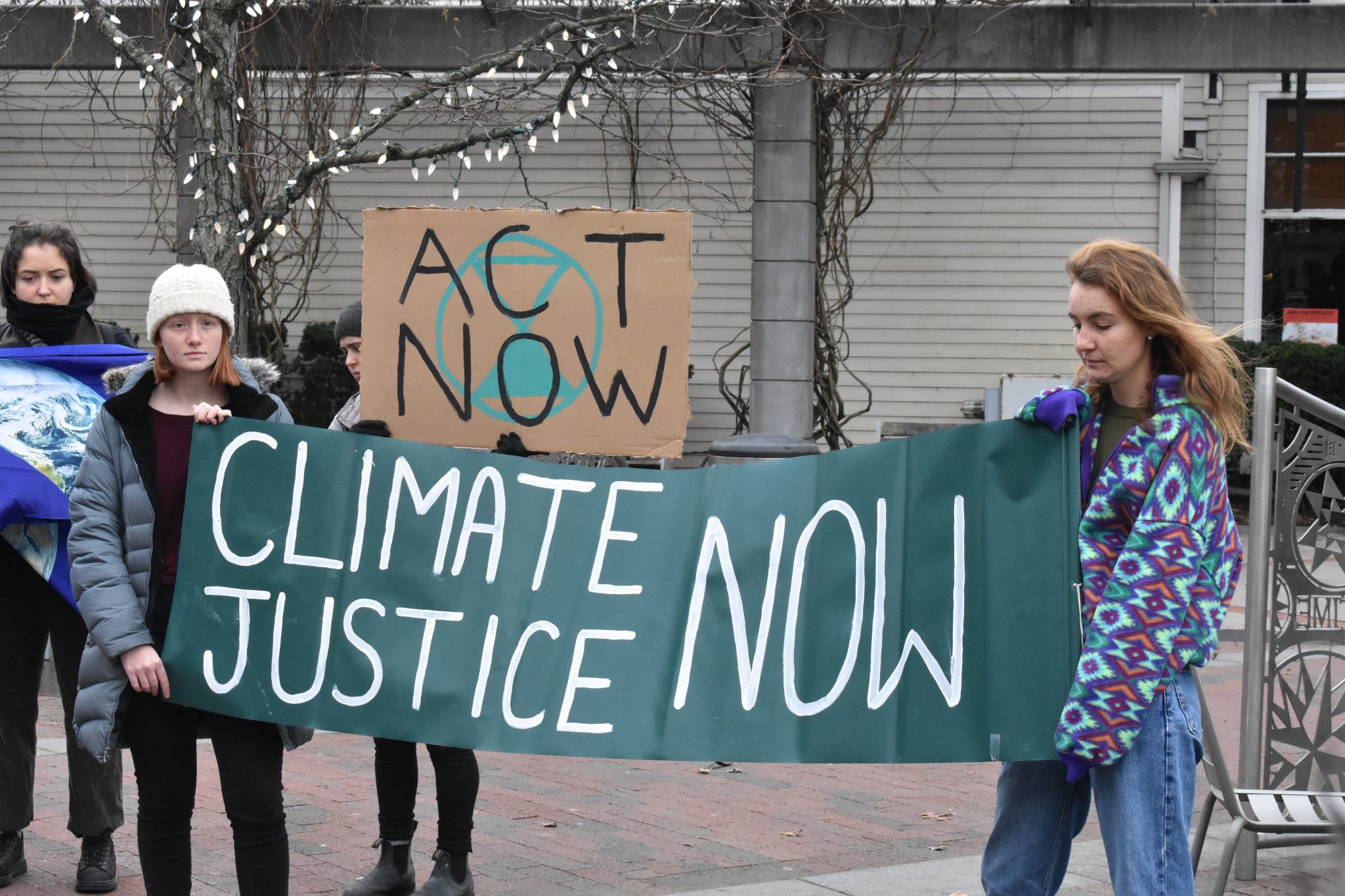By Huck Fairman
Bill Gates, co-founder of Microsoft; co-chair with his wife, Melinda, of the Bill & Melinda Gates Foundation; and originator of Breakthrough Energy, focused on enabling green energy, has just written what may be the single most important book, “How To Avoid A Climate Disaster.”
Basically, it lays out all the changes in our technologies, economies, consumption, travel, energy, food production and governance – pretty much every aspect of our lives – that we need to modify if we hope to halt, reverse and survive the climate change we have set in motion.
This is not just another problem. It is the problem. He does not pull his punches. If we, as a species, do not make these changes, the greenhouse gases we are generating will continue to increase and the global impacts will be catastrophic.
The problems, and the solutions, are complex. There are no simple, single sources of these problems, nor fixes for them. We residents of this planet need to do everything we can think of and develop. For those who have followed this evolving challenge to civilization, and for those who have not, this is an accessible, comprehensible, complete blueprint for all the changes that need to be adapted, invented, adopted and deployed.
Gates warns that this will not be easy. He describes the overall effort as the biggest thing the world has ever undertaken.
But he also encourages that it is within our capabilities.
We already have much – but not all – of the technology that will be needed. Embracing it, innovating and inventing … and then installing it all soon enough – over the next 10, possibly 20 years – will be the essential make-or-break timeframe.
Because so many aspects of our modern life, and even ancient activities such as farming, but on today’s scales, produce greenhouse gases, we will have to find ways to make the necessary changes. Gates’ book is a good introduction to, indeed primer for, much, if not all, that we need to do.
Responses at all levels – individuals, local governments, county and state governments, national governments, and politics, as well as industries, businesses and institutions, will be needed. Our complex modern lives depend on all of these actors, and will require communication and coordination between them, and creativity among all.
Over recent decades, Gates has travelled the world and witnessed directly many of the problems and needs facing populations. He has seen that in order for people to live modern lives, with education and infrastructure, they need cheap, clean, available (and largely electric) energy. Without them, they will not be able to live the lives they want, and we all need – environmentally and with regard to health – theirs and the planet’s.
He has also visited and spoken with scientists, engineers and ranges of tech people, and innovators. His book offers a wealth of information and ideas from these sectors.
The potential to address these complex problems is impressively vast. But it will need to be, if we are to succeed. Most simply put: the world needs to get to zero emissions. This is because carbon dioxide lingers in our atmosphere for hundreds of years, and to use the bathtub analogy he does, continuing to add water to a tub, even at a reduced rate, will eventually lead to overflow and flood. (Or in our case, fatal levels of heat.)
Ideally all citizens should read this book, if not every word, then absorb its essential observations and recommendations. Gates wants us to know that there is no more serious series of challenges we face.
If he underplays the political parts of this, in the past and future, and has seemed partially blind to past support given opponents of crucial, green changes, he nonetheless provides an invaluable list of the steps we need to take. He believes that we are able to see “what stands in the way of deploying the solutions we have …” – that is, the opponents of essential changes. And so, facing this global situation, citizens, political leaders, and specialists need to act as soon as we all can on this multi-faceted situation. Many people have begun, at all levels.
Gates details what, over the next decade or so, needs to follow, change, and further develop. Now it is up to us to act.
l




